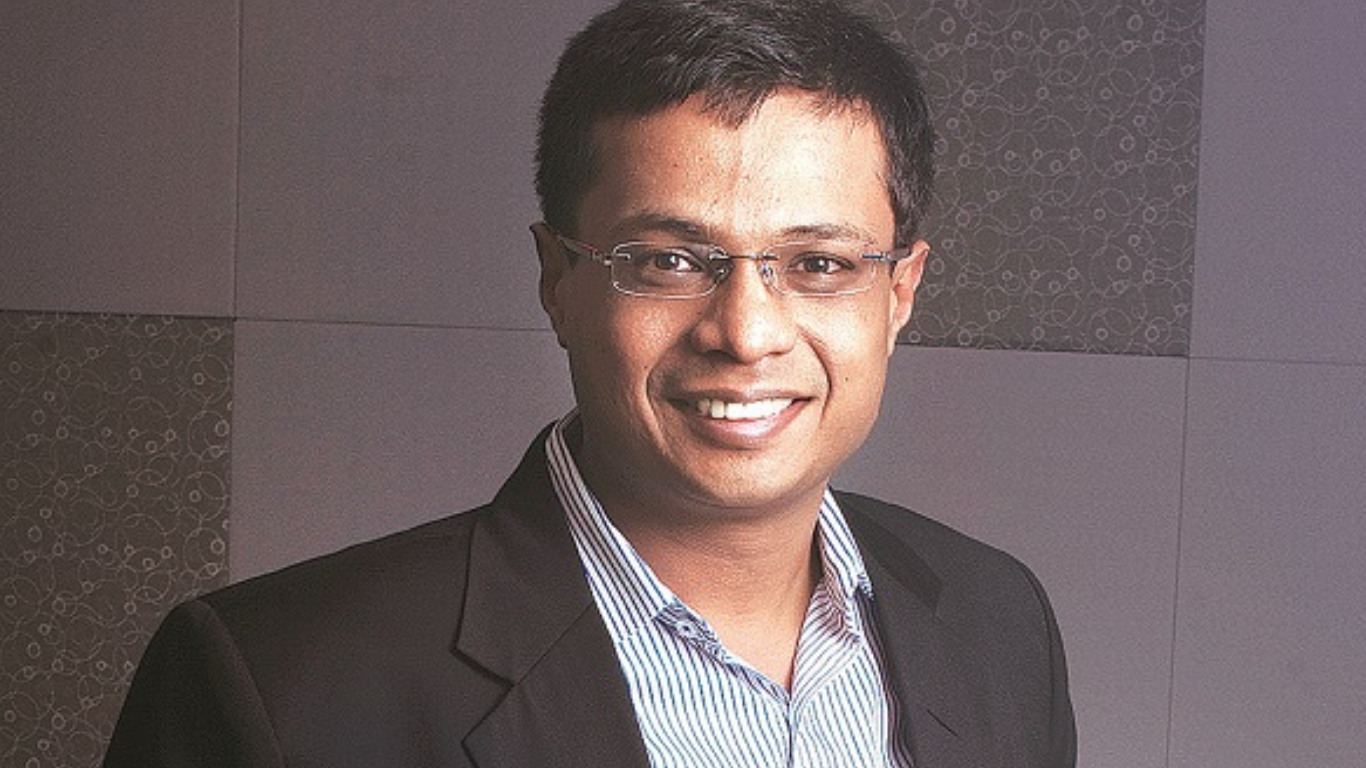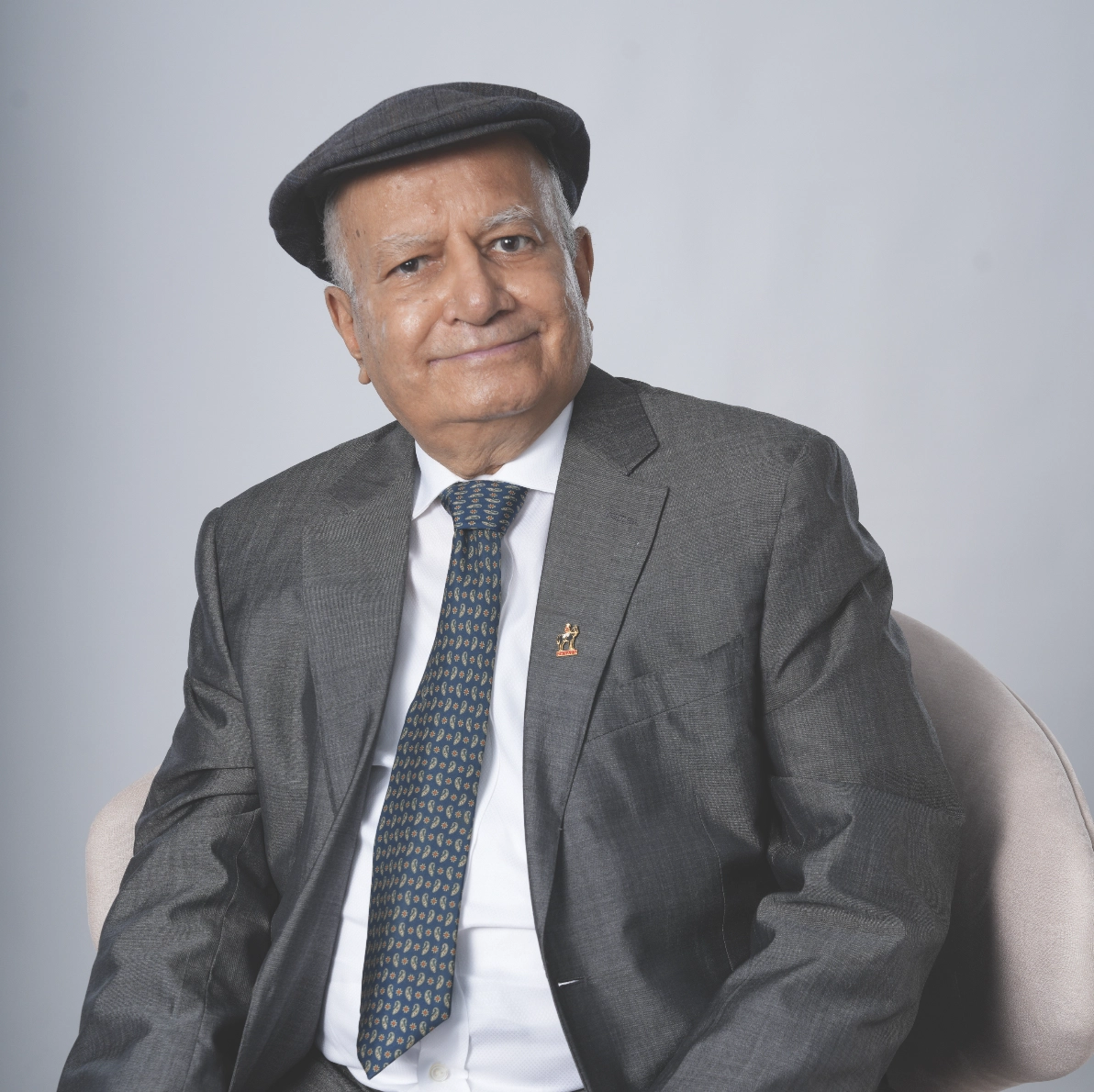Now Reading: Flipkart’s Phenomenon: How Sachin Bansal Took India Online
-
01
Flipkart’s Phenomenon: How Sachin Bansal Took India Online
Flipkart’s Phenomenon: How Sachin Bansal Took India Online

Early Life and Background
Born in Chandigarh, Sachin Bansal studied at IIT Delhi and worked at Amazon as a software engineer. But while working there, he noticed how India lacked an organized e-commerce space.
In 2007, with ₹4 lakh and a small apartment in Bangalore, he and his colleague Binny Bansal (not related) launched Flipkart—starting with just one product: books.
The Journey Begins
Flipkart began as a tiny online bookstore with a big ambition: to change how Indians shop. They packed books themselves, delivered orders personally, and worked 24×7.People doubted if Indians would ever trust online shopping—but Flipkart proved them wrong.
Struggles and Growth
Flipkart faced logistical nightmares—COD (Cash on Delivery) was risky, sellers didn’t believe in the platform, and customer trust was hard-earned.
But Sachin’s tech background helped Flipkart build a robust platform. Eventually, they created their own logistics arm, Ekart, solving delivery issues themselves.
Rise to Greatness
From selling books to electronics, fashion, and furniture, Flipkart became the face of Indian e-commerce. In 2018, Walmart acquired a majority stake in Flipkart for $16 billion—the largest e-commerce deal in history at that time.Sachin Bansal became a symbol of India’s startup wave and innovation.
Conclusion
Sachin’s journey shows that even in a complex country like India, big bets and bold belief can lead to massive change. He didn’t just create a company—he created a movement.































